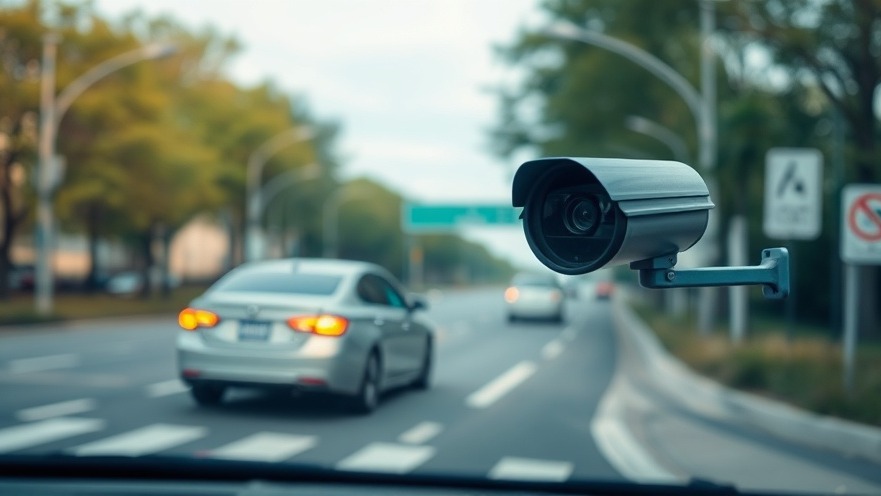
Austin's License Plate Readers: A Step Towards Transparency
In recent developments, the Austin Police Department has received a temporary extension to its license plate reader (LPR) program ahead of a critical audit and further review. This decision marks an important moment in the ongoing dialogue surrounding surveillance technology and public safety in Austin. The extension, aimed at assessing the effectiveness and ethics of LPR systems, has sparked discussions on privacy, crime reduction, and community trust.
Historical Context and Background
License plate readers are tools that have been increasingly adopted by law enforcement nationwide. These automated systems capture images of vehicle license plates and can help identify vehicles linked to criminal activity. However, their use also raises significant privacy concerns among community members who fear potential misuse of collected data. In Austin, the deployment of these readers has been met with both keen support for crime prevention and apprehension regarding privacy invasions. This temporary extension provides an opportunity to examine how LPR data has been used and its impacts on the community's overall safety and trust.
Relevance to Current Events: Striking the Right Balance
The ongoing national discourse on policing and surveillance tactics makes the situation in Austin particularly relevant. Other cities are grappling with similar questions about how to leverage technology for public safety without compromising civil liberties. This audit may serve as a model—or a cautionary tale—for municipalities across the country looking to implement or assess their LPR systems.
Community Perspectives: Engaging with Local Voices
Feedback from Austin residents has been mixed. Proponents of LPR systems argue that they have been instrumental in reducing car thefts and aiding investigations, suggesting a need for advanced technology in modern policing. Conversely, privacy advocates raise concerns about the potential for constant surveillance and the implications of profiling based on location data. The current extension includes input from community discussions designed to address these concerns—an essential step in ensuring that public safety measures do not erode personal freedoms.
Future Predictions: The Path Forward for LPR Technology
As the audit progresses, implications for the future of the LPR program in Austin may become clearer. Success could lead to enhanced policing strategies, with data-driven insights resulting in improved crime prevention tactics. However, failure to address privacy issues adequately might result in significant pushback from the community, potentially leading to stricter regulations or the dismantling of the program altogether. This critical junction could redefine how law enforcement engages with technology in the quest for safety.
Actionable Insights: What Residents Can Do
For Austin residents, staying informed and engaged in this ongoing conversation is crucial. Community members can attend public meetings, participate in discussions, and voice their concerns directly to decision-makers. Engaging with local news outlets for updates is also essential in ensuring residents are aware of developments surrounding the audit and how it could affect their daily lives.
Conclusion: Navigating the Future of Policing in Austin
The temporary extension of Austin's license plate reader program isn't just an administrative decision; it's a reflective moment for a city aiming to balance advanced crime-fighting tools with the rights of its citizens. As the audit unfolds, it will be pivotal for both law enforcement and civilian stakeholders to work together in shaping a future that prioritizes safety without compromising civil liberties. With collective vigilance, Austin’s residents can actively participate in this significant chapter of local governance and public policy.
 Add Element
Add Element  Add Row
Add Row 



 Add Row
Add Row  Add
Add 


Write A Comment